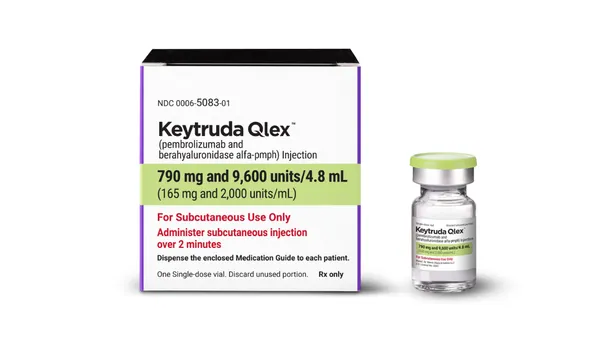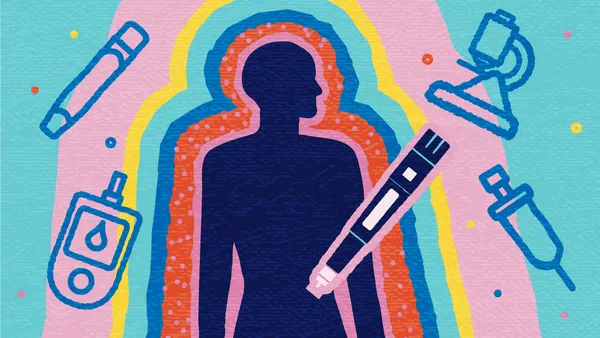Compliance: The Sincerest Form of Healthcare Adherence Initiatives Pharmaceutical companies are aware of adherence challenges and are beginning to spend significant amounts of their marketing budgets on patient-adherence programs. The list below illustrates some of the more common initiatives being used. Education n Patient brochures n Waiting room videos n Patient Websites Adherence n Patient newsletters/direct mail n Patient reminder e-mails n Creation of patient support groups n Reminder devices, such as vibrating watches or pill boxes with alarms Incentives n Product vouchers n Product discounts n Product samples n Product premium items There’s a classic compliance story about a woman who was given birth control pills at her local clinic. A few months later, she came back pregnant and angry. The clinician’s first suspicion was that the woman had not been compliant. But the woman insisted she had taken the pills every day and at the same time, just as she had been instructed. What further conversation revealed was that the woman, not fully understanding how to use the pills, had not taken them orally. While this is an extreme example of noncompliance and the hazards of assuming what the patient knows, it illustrates an ongoing challenge for the pharmaceutical industry in educating consumers and ensuring compliance. As we all know, compliance is generally defined as taking a medication at the proper dose, in the proper way, and at the appropriate time. Persistency means that the patient continues to take the medication as long as it is needed. Both of these fall under the umbrella term of “adherence,” which is the term most appropriate to the subject matter in this article. Elusive Revenue According to a recent report on the PR Newswire, of every 10 patients who leave a doctor’s office with a prescription in hand, only eight will fill their prescriptions. And only 15% of patients will refill previous prescriptions. Worse yet, for those who fill their prescriptions, many will take them incorrectly. Up to 69% of medication-related hospital admissions in the United States are because of poor adherence, costing about $100 billion a year, according to the November 2005 issue of The New England Journal of Medicine. The bottom line is that nonadherence is a major source of economic drain to both pharmaceutical companies and the U.S. healthcare system. Adherence Issues What are the major adherence issues? According to a report by Cutting Edge Information, the big five are: • Failing to fill the initial prescription • Taking an incorrect dosage • Taking a medication at the wrong time • Forgetting to take doses • Stopping medication too soon The top line is that patients do not appreciate the importance of treating their conditions. Physicians genuinely want patients to fill their prescriptions and be compliant, and they take whatever time they can to educate them. But the time they have to give is dwindling. Adherence Obstacles Many patients have unaddressed healthcare concerns. A recent article by the College of Pharmacy at the Medical University of South Carolina highlighted the most common obstacles between patients and adherence. They include: • Concern about side effects • Inadequate patient-physician communication, including poor patient listening skills • Complex drug regimens — so many meds, so little time What these obstacles boil down to is the need for comprehensive patient education and incentives, not only to fill prescriptions but also to take them properly and as long as they are needed. Ideally, an effective program combines education, adherence initiatives, and incentives. For instance, one new technology that does this is a credit card-sized CD-ROM that holds 18 MB of interactive, educational information about a disease state and product. Physicians hand them to patients along with their prescriptions. Patients slip the card into their computer trays, take time-released “edu-taining” activities, and then receive a series of product discounts or other incentives over time. Adherence Outreach Adherence efforts amount to the sincerest form of good healthcare. Through physicians, pharmaceutical companies can tap patients on the shoulder to educate them about their disease state and reinforce the importance of treating it, as well as offer incentives and encouragement to take good care of themselves. Adherence, quite simply, is in everyone’s best interest. Group DCA, Montclair, N.J., is comprised of three independent companies designed to serve the increasingly diverse communications needs of pharmaceutical companies and healthcare professionals. For more information, visit groupdca.com. September 2006 VIEW on Marketing
An article from


Compliance: The Sincerest Form of Healthcare
Filed Under:
Commercialization









